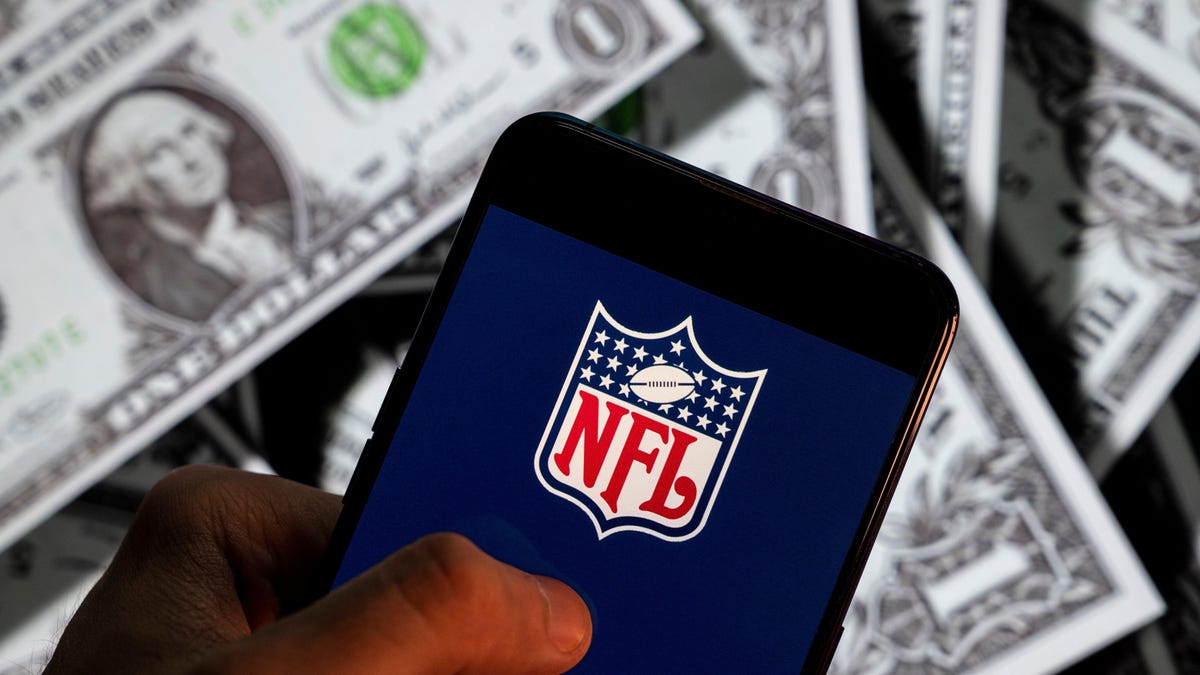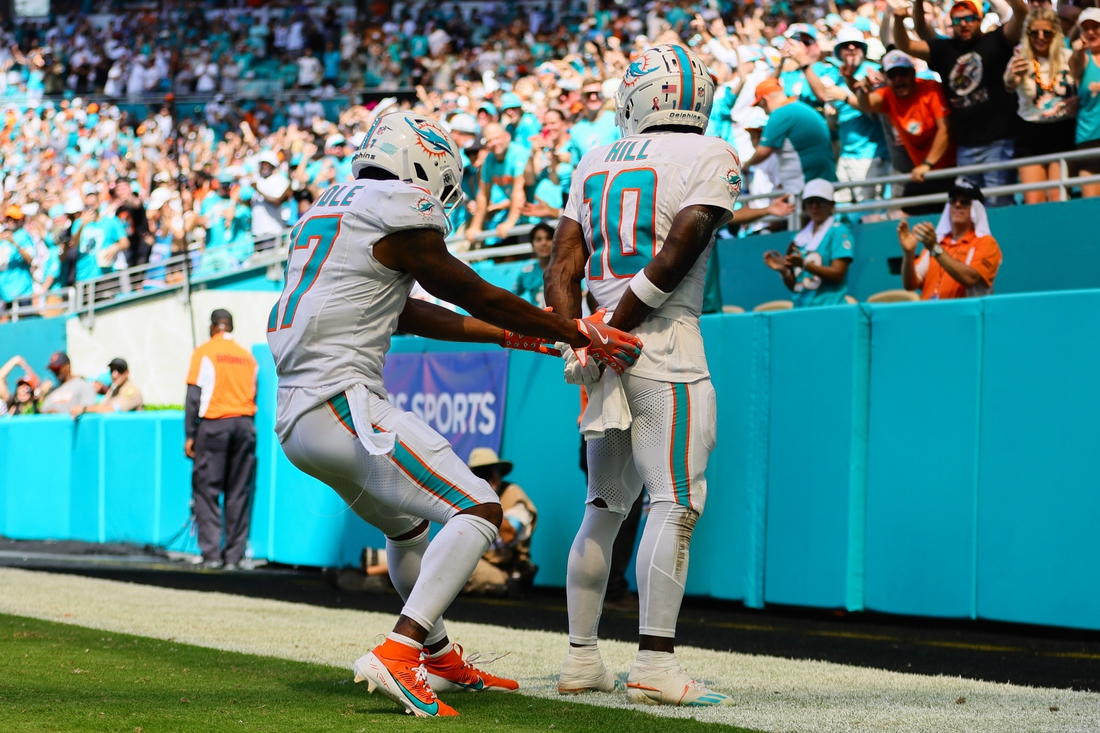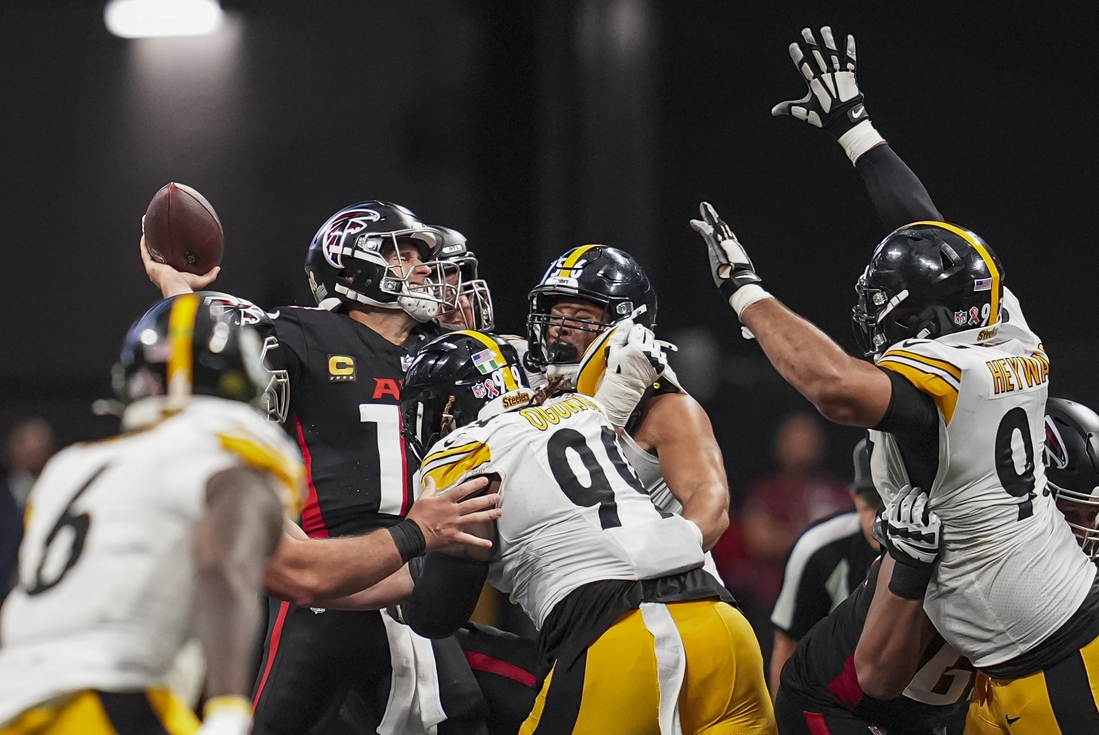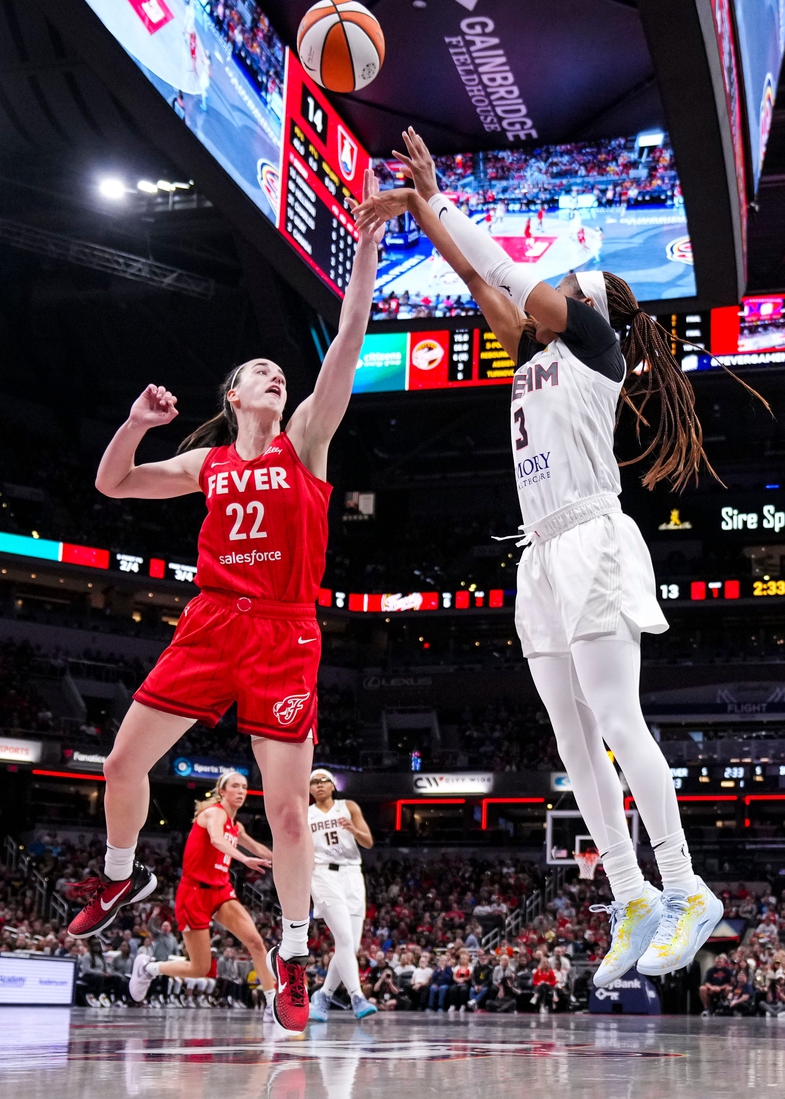It’s that time of year in the NFL when you’ll hear the term ‘salary cap’ about 100 times per day. Former Super Bowl-winning offensive lineman Mark Schlereth recently spilled the beans on the cap being fake and how the league/teams use fear tactics to make fans think it’s more significant than it is in actuality. With the salary cap increasing by more than $30 million for the 2024 campaign, it’s hard to believe teams when they talk about being in “salary cap hell.”
One term that has become mainstream over the past decade for NFL franchises to throw around is “dead money.” The Denver Broncos and Russell Wilson are a great example of this right now. Moving on from Wilson this offseason will activate $85 million in dead money on Denver’s salary cap. They can take this on all at once or spread it out over the next two years.
Because of the situation in Denver between Russ and the organization (mainly Sean Payton), the team will use this as an excuse as to why they can’t bring in or keep other free agents. As Schlereth puts it, teams claim “salary cap poverty” when they no longer have use for a player.
The Miami Dolphins recently parted ways with defensive back Xavien Howard with multiple years remaining on his contract. Howard is a four-time Pro Bowl selection with one All-Pro on his resume. At age 30, it seems the Dolphins were merely ready to move on from Howard. If Miami was set on keeping him, they’d find a way to restructure his deal and keep it moving into next season.
That’s what Schlereth is hitting on when he talks about fake or funny money as it’s also been referred to over the years. When teams want to figure out a way to keep or sign a player, they get it done. All this crying about the cap is a way for many teams to stay non-competitive but pacify fans. We see this every year when guys are in contract disputes with their franchises.
Some people are more understanding now because so much information is out there on how these negotiations work, but some fans still blame players. Other than in quarterback contract negotiations, teams hold all the power in most cases. It’s a little different for productive and young developing QBs because they can make or break a team’s chances more often than not.
Where there’s a will there’s a way. The Seattle Seahawks recently restructured Geno Smith’s contract and freed up nearly $5 million in cap space. They did a little magic and presto chango, what was once a $9.6 million roster bonus suddenly became a signing bonus. All the Seahawks did was kick the can down the road to 2025. So, they’ll worry about that when it happens.
This is why it’s called “funny money” in the NFL. Since most contracts aren’t guaranteed, it creates a lot of room for maneuvering to get under or close to the salary cap for most teams. Like most things in life, organizations pick and choose who is most important and often it doesn’t even come down to what’s produced on the field. Mastering the salary cap is tricky, but those with the most creativity and willingness to bend the rules usually do their best to adhere to its parameters.







